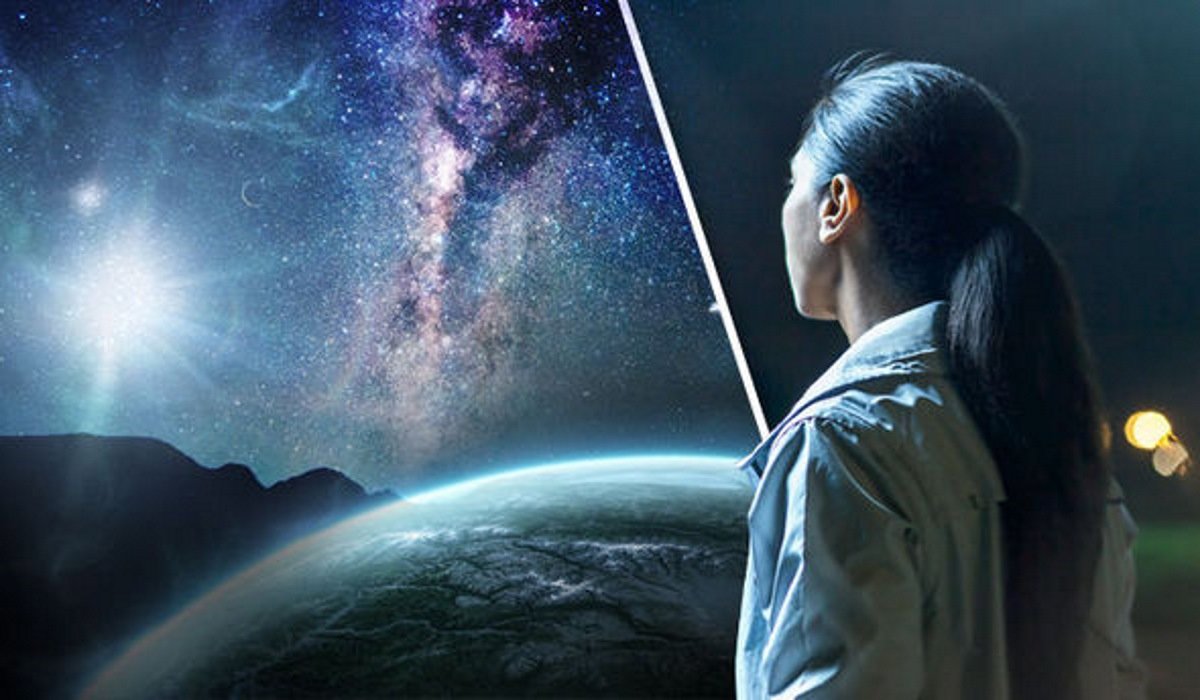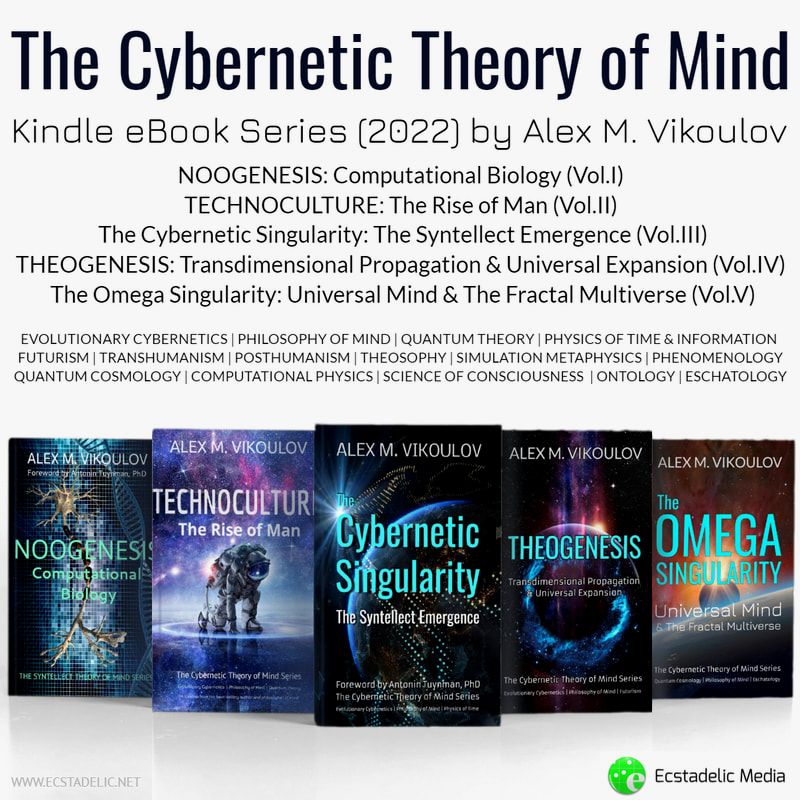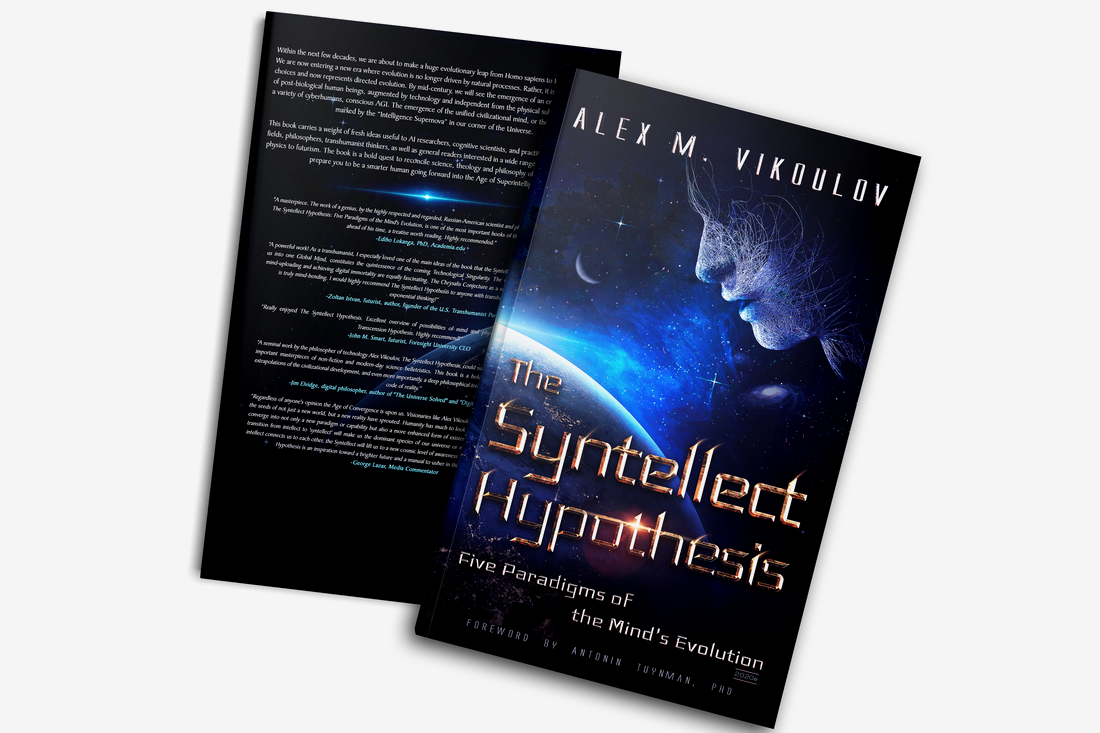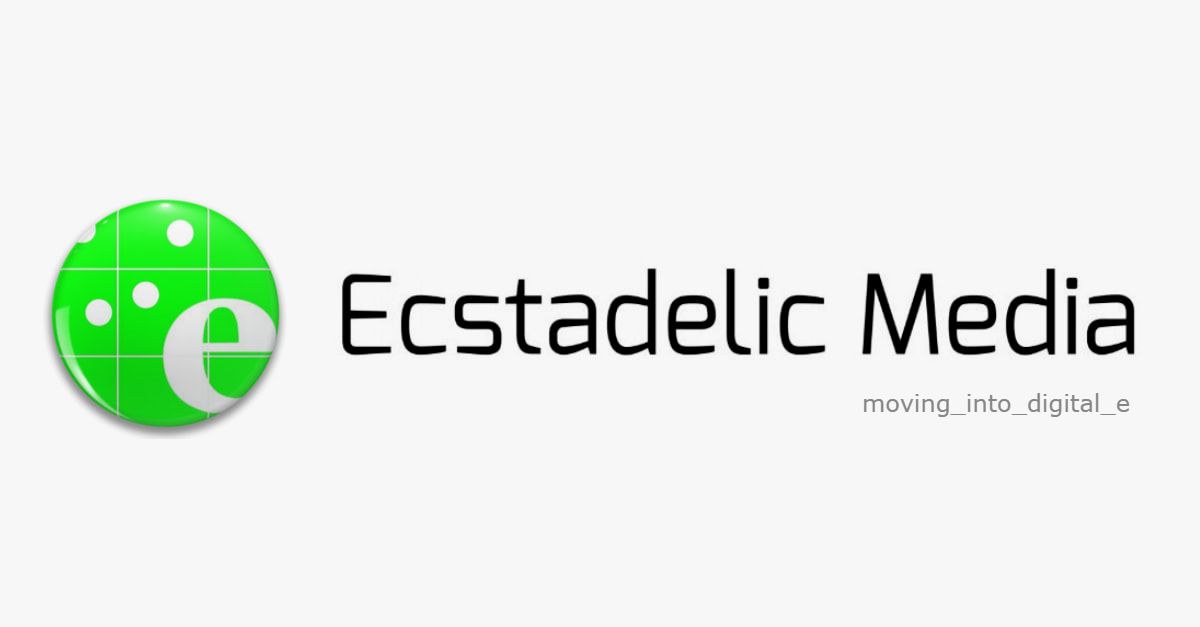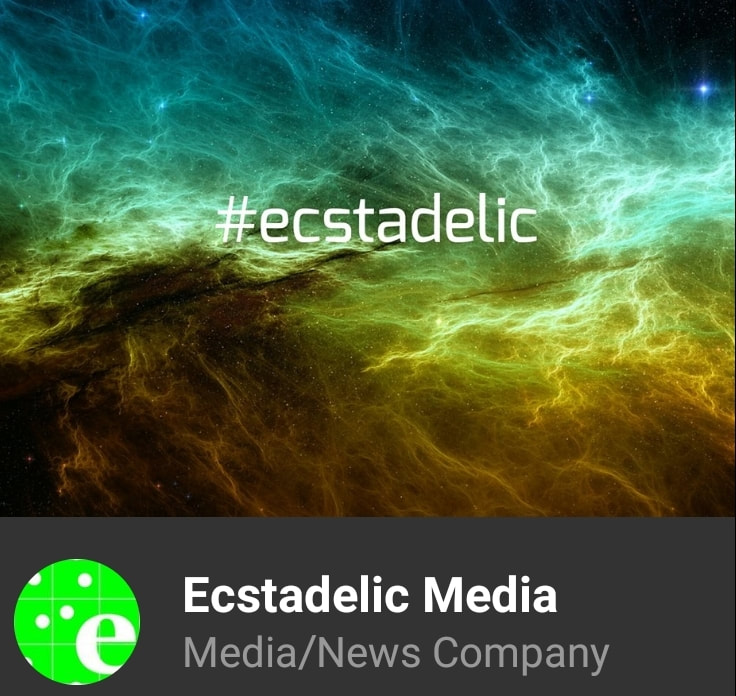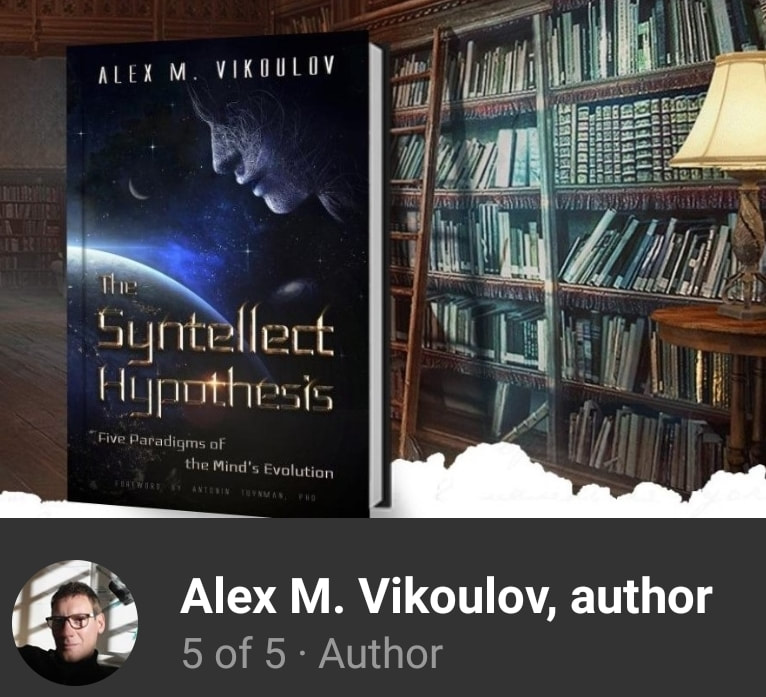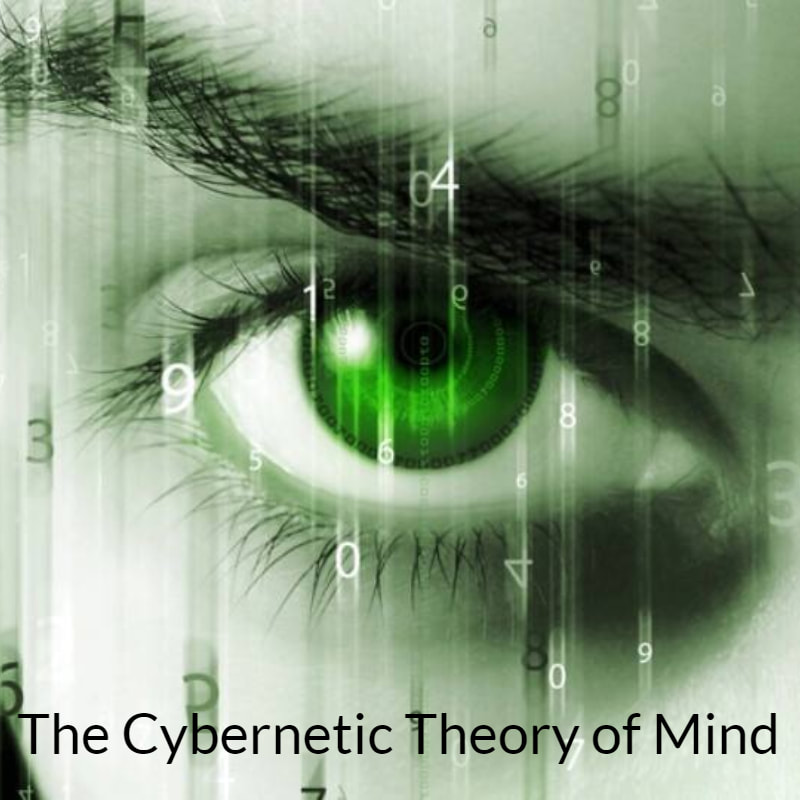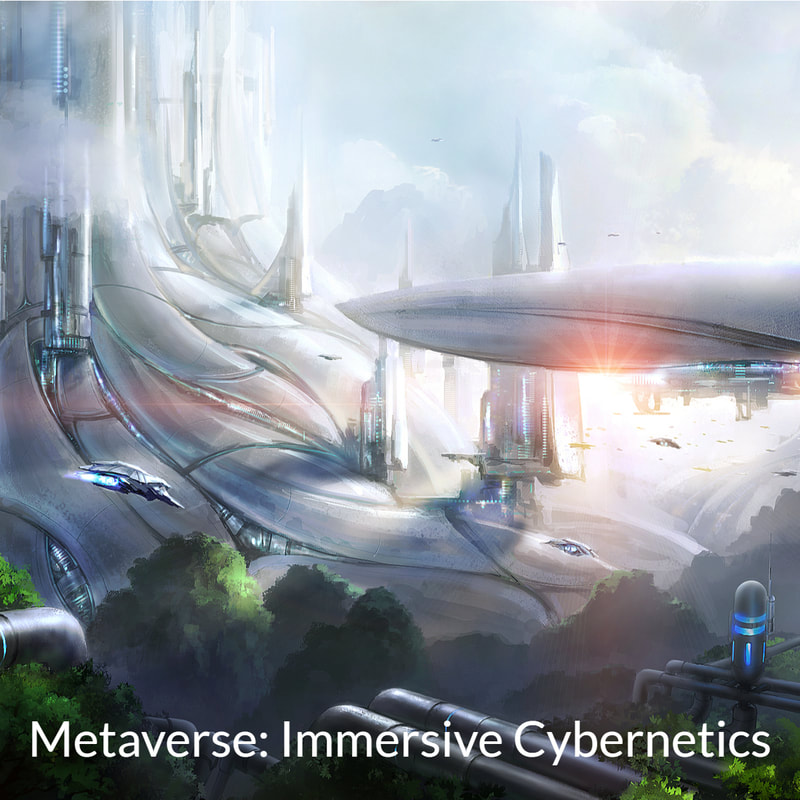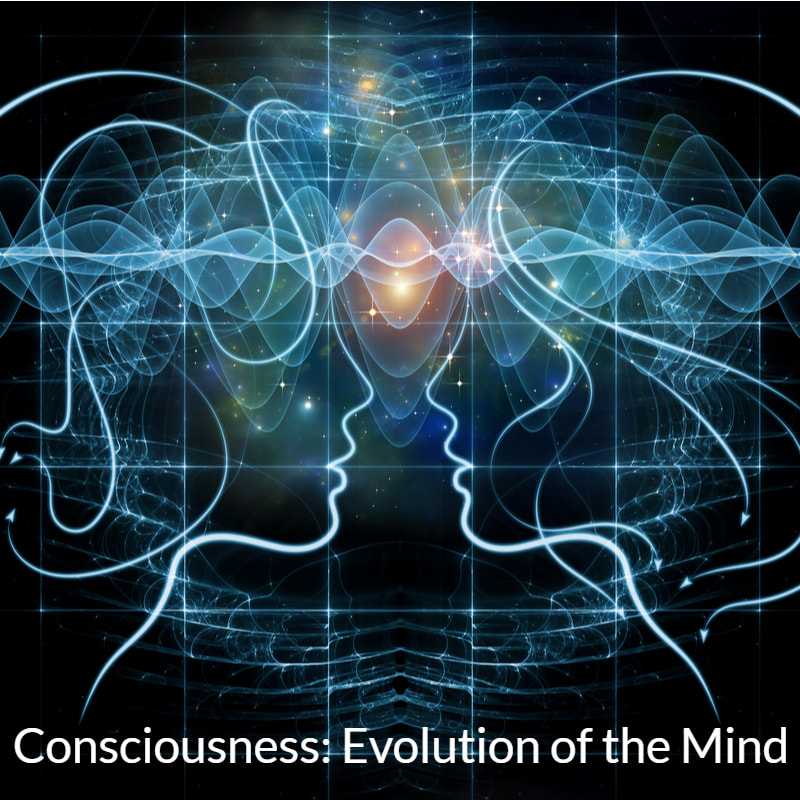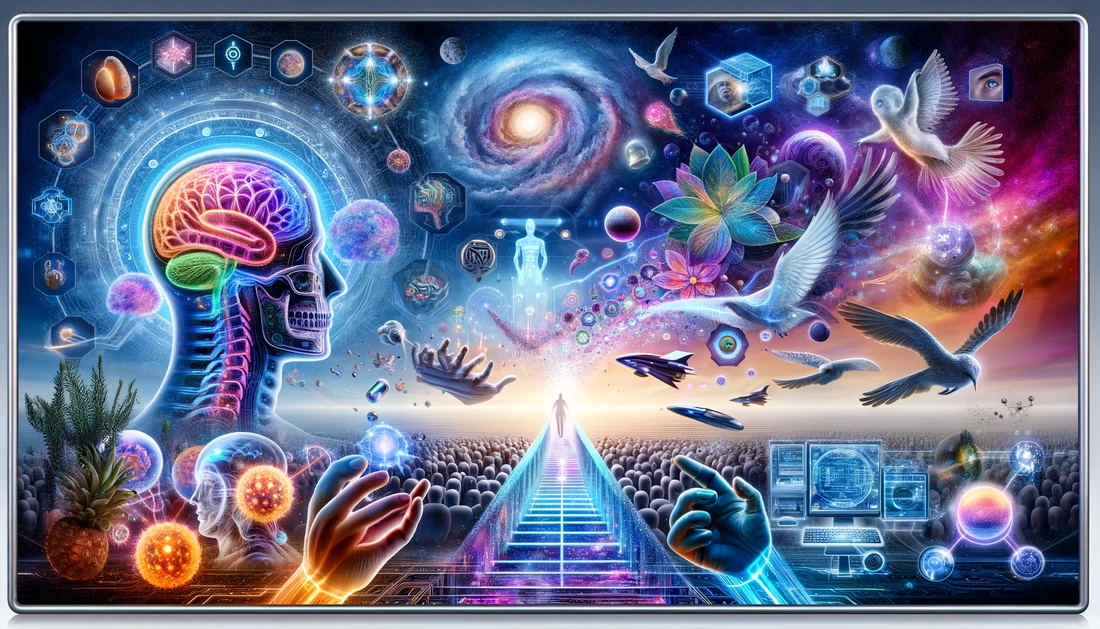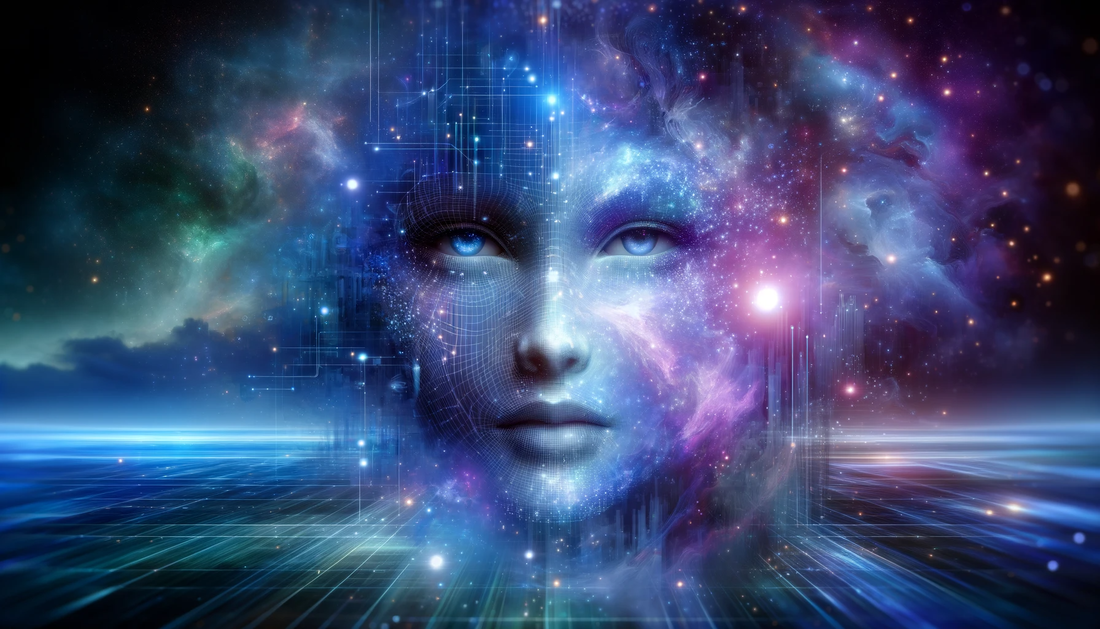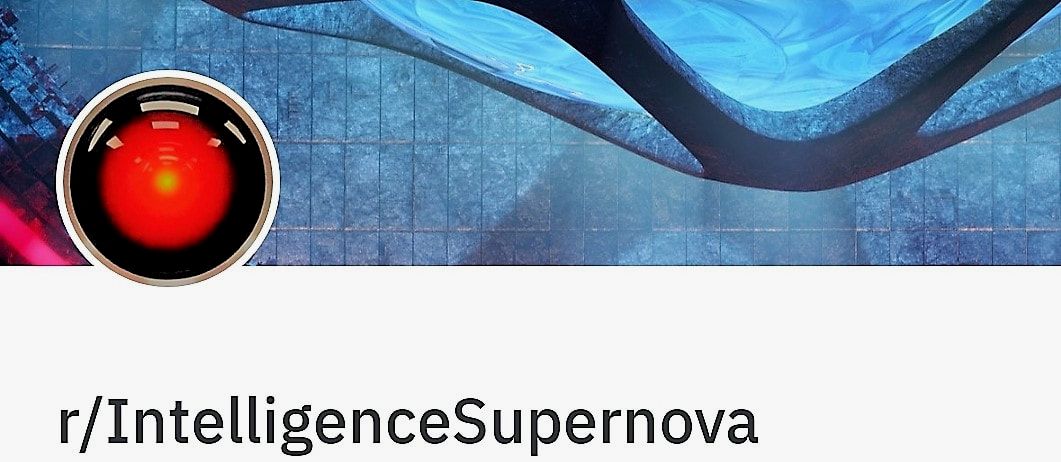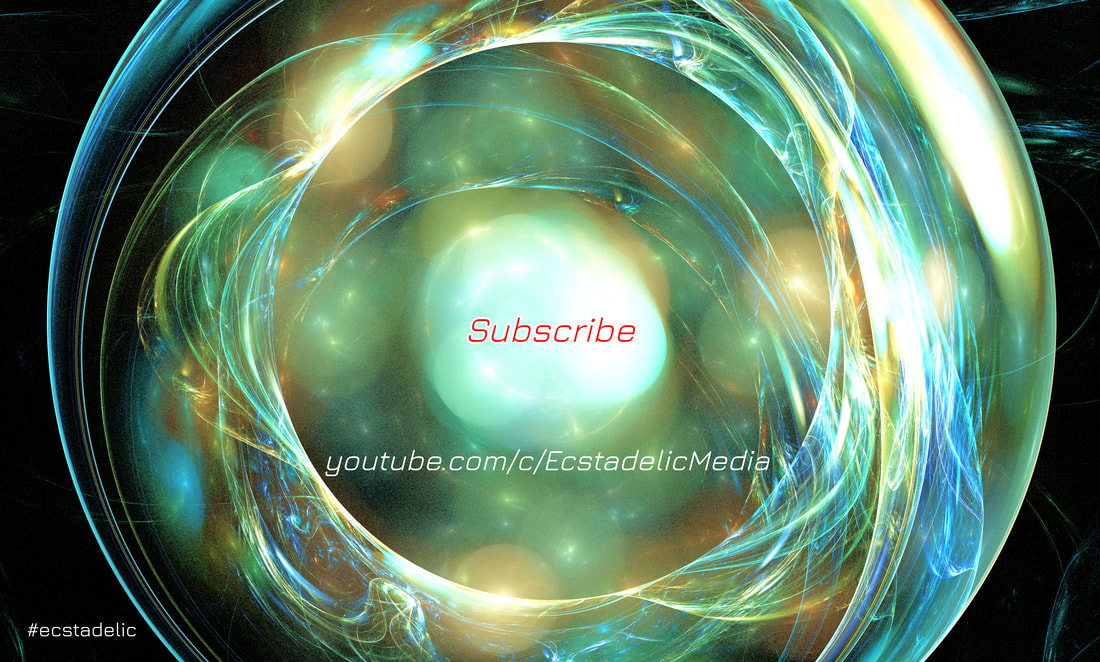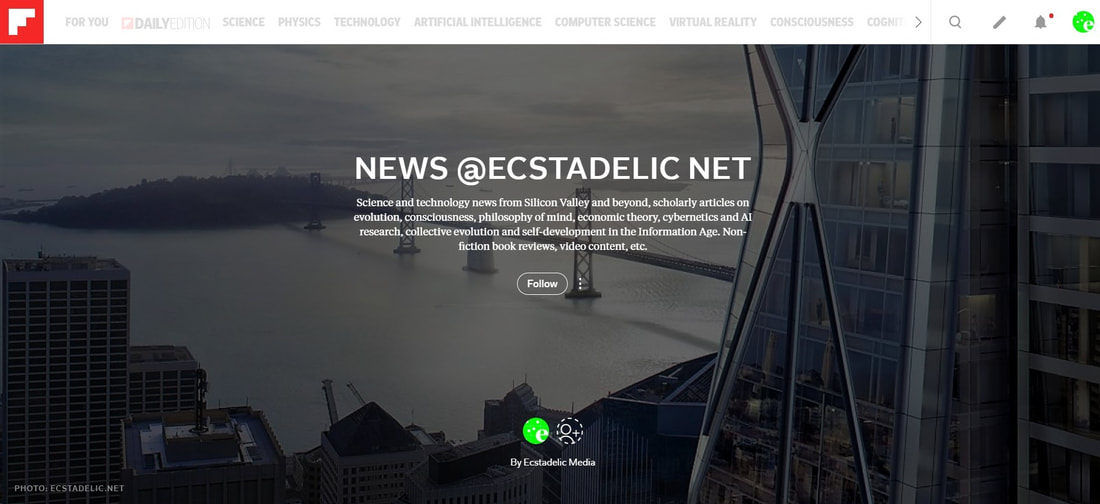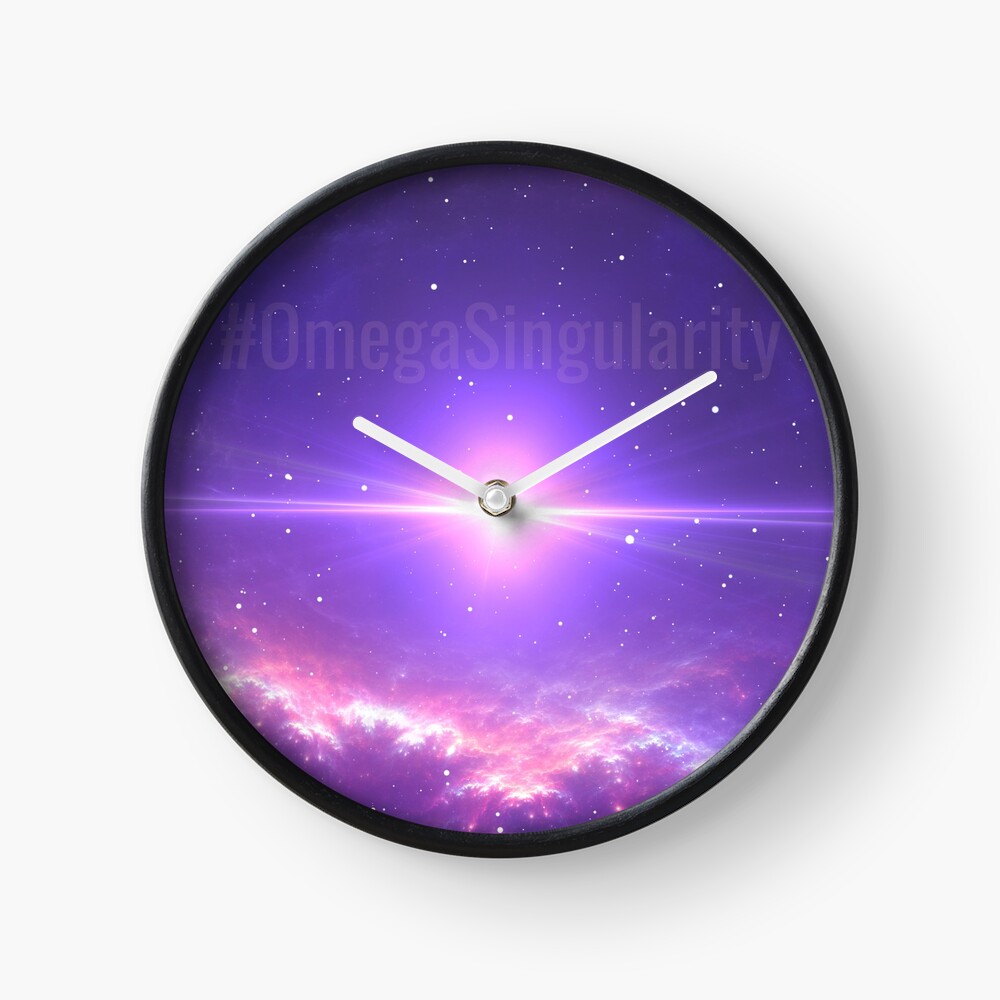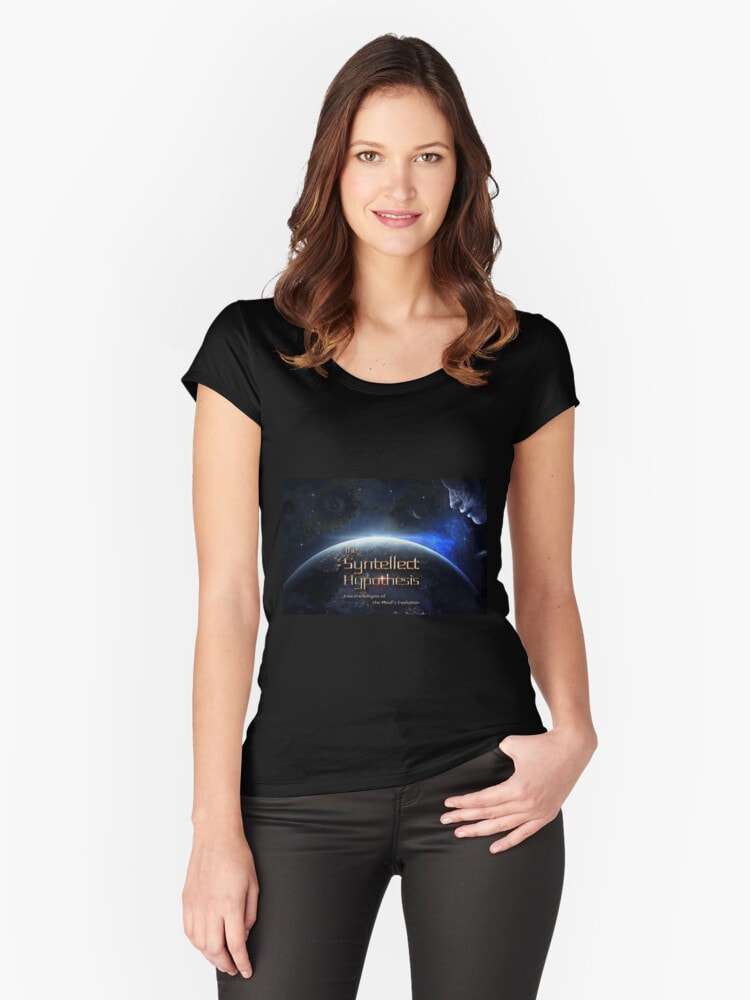|
by Alex Vikoulov “Old Newtonian physics claimed that things have an objective reality separate from our perception of them. Quantum physics, and particularly Heisenberg's Uncertainty Principle, reveal that, as our perception of an object changes, the object itself literally changes.” –Marianne Williamson Listen to this article ↴ In the intricate landscape of consciousness studies, an interdisciplinary confluence of scientific inquiry, philosophical speculation, and elements of techno-mysticism emerges. This exploration aims to challenge conventional paradigms and proffer a multifaceted examination of the nature of the conscious mind. Among the humongous spectrum of available first-person experiences, the act of selecting a singular manifest phenomenon for awareness yields what I call a Conscious Instant (CI). A sequence of these perceptual frames constitutes what is generally known as the "stream of consciousness," which creates your continuous flow of time and your unitary sensation of reality. Video: What is Consciousness? Consciousness: Evolution of the Mind, Part I (cc) In a landmark 2016 paper published in PloS Biology, Michael Herzog and Frank Scharnowski introduced the Two-Stage Model of Consciousness. Their model posits that conscious perception consists of discrete "time slices," akin to individual frames in a film reel. Conscious and unconscious moments alternate in intervals up to 400 milliseconds, resulting in a quick succession of conscious instants that compose our continuum of subjective experience. The Extended Mind Hypothesis, proposed by philosophers Andy Clark and David Chalmers, challenges the neurocentric perspective that restricts mental states to brain-based processes. Clark argues that human cognition incorporates external tools, suggesting that mental states could also be "externally" located. Clark's notion of humans as "natural-born cyborgs" underscores the extent to which external tools — ranging from rudimentary to highly sophisticated — have fundamentally influenced cognitive development throughout human history. Technological advances have increasingly externalized cognitive processes, forecasting a future of networked cognition where physical hardware becomes increasingly inconspicuous, subsumed into a seamless computing environment. Projecting into the future, one may envision a realm of Networked Minds, where technological advancements are so integrated with cognitive faculties that the delineation between external tools and mental processes becomes increasingly nebulous. This conceptual framework suggests that human brains could function as receivers, processors, and transmitters of a global "Consciousness Cloud." Video: Consciousness & Information | Consciousness: Evolution of the Mind, Part II (cc) Taking this a step further, some theories posit that consciousness may not be an emergent property of neural interactions, but rather a fundamental aspect of the universe itself. In this view, the human brain serves not as the generator but as the processor of consciousness, akin to a complex computational device connected to a non-local information network. Contrary to the still-dominant neuroscientific view that consciousness arises from brain activity, these emerging theories posit a "non-local" origin responsible for setting up initial cosmological conditions and quantum processes at large. This paradigmatic shift parallels the Information Age's transition to Cloud computing, where individual devices serve merely as interfaces, not originators, of information. Concurrent with these ideas is the concept of synthetic telepathy and the subsequent emergence of a global intellect, or Syntellect. This transformative stage could signify a quantum leap in collective human cognition, further blurring the boundaries between individual and shared consciousness. It wouldn't shock me if all the buzz around searching for the 'locus of consciousness' merely fine-tunes our grasp of how the brain is linked to consciousness — without actually revealing where consciousness comes from, because it's not generated in the brain. Similarly, your smartphone doesn't create the Internet or a cellular network; it just processes them. Networks of minds are a common occurrence throughout the natural world. What sets humans apart is the impending advent of cybernetic connectivity explosion that could soon evolve into a form of synthetic telepathy, eventually leading to the rise of a unified, global consciousness — what could be termed the Syntellect Emergence. If we are to hypothesize about what constitutes a basic building block of conscious experience, it may not necessarily be some kind of neural algorithm, although correlated with the brain activity, but a discrete, “digital,” conscious instant, instead. This conscious instant is a subjectivistic collapse of probabilistic waves within a spectrum of potentiality. That's perhaps what integrated information “feels” like when collapsing the superposition of all other probabilities into a sequence of perceptual frames. Video: Consciousness & Time | Consciousness: Evolution of the Mind, Part III (cc) Within the realm of cognitive science, Donald D. Hoffman's Interface Theory of Perception has garnered considerable attention. His theory posits that perception serves as a user interface, distilling complex elements of an objective reality into a simplified, species-specific constructed reality. Hoffman's theoretical framework challenges traditional neuroscientific models and offers radical new insights that could influence computational theories and phenomenology. Guilio Tononi's Integrated Information Theory (IIT) and Penrose and Hameroff's Orch-OR Theory offer alternative viewpoints but appear to fall short in accounting for the emergence of consciousness solely from information processing. Contrary to this, my own proposed concept of 'Experiential Realism' suggests that a Universal Mind co-creates the timelines of every conscious observer, aligning more closely with Hoffman's notion of 'Conscious Realism.' Then there's the Global Workspace theory (GWT) by Bernard J. Baars that presents the brain as a distributed society of computational agents. Here, consciousness serves as a spotlight that amplifies and disseminates information throughout the neural network. Although an apt metaphor likening consciousness to a theater, GWT leaves certain facets of this complex phenomenon inadequately explained. Lastly, in Michael Graziano's Attention Schema Theory, the notion of consciousness is deeply entwined with the brain's mechanism for processing attention. According to Graziano, the brain constructs an "attention schema," a simplified internal model that serves to depict the computational processes behind attention. This model is purportedly not a mere account of how the brain allocates attention, but also a meta-representation that the brain uses to comprehend its own state of awareness. The theory thus integrates the complexities of attention allocation with the subjective experience of consciousness, offering a unified account of both in cognitive terms. Video: Universal Consciousness | Consciousness: Evolution of the Mind, Part IV (cc) In summary, the study of consciousness could be conceptualized through a variety of lenses: as a series of digital perceptual snapshots, as a cybernetic system with its feedback processes, as a grand theater; or perhaps even as a VIP section in a cosmological establishment of magnificent complexity. Today’s leading theories of consciousness are largely complementary, not mutually exclusive. These multiple perspectives not only contribute to philosophical discourse but also herald the dawn of new exploratory avenues, equally enthralling and challenging, in our understanding of consciousness. In The Cybernetic Theory of Mind (2022), I expand on existing theories to propose certain conceptual models and concepts, such as Noocentrism, Digital Presentism (D-Theory of Time), Experiential Realism, Ontological Holism, Multi-Ego Pantheistic Solipsism, the Omega Singularity, deeming a non-local consciousness, or Universal Mind, as the substrate of objective reality. In search of God's equation, we finally look upward for the source. What many religions call “God” is clearly an interdimensional being within the nested levels of complexity. Besides setting initial conditions for our universe, God speaks to us in the language of religion, spirituality, synchronicities and transcendental experiences. Video: Towards the Cybernetic Theory of Mind | Consciousness: Evolution of the Mind, Part V (cc) By revisiting the mechanics of consciousness through the lenses of temporal discretization and extended cognition, we pave the way for a revolutionary, multidisciplinary scientific endeavor to unearth a Theory of Everything, centrally featuring phenomenal consciousness. -Alex Vikoulov P.S. Adapted from The Cybernetic Theory of Mind (2022), a 5-book-set where I share my deepest insights and far-reaching foresights on fascinating topics such as computational physics, evolutionary cybernetics, simulation metaphysics, physics of time, quantum cosmology, and so much more. *The Syntellect Hypothesis: Five Paradigms of the Mind's Evolution by Alex M. Vikoulov (magnum opus, 2020), is available as a Kindle eBook, paperback, hardcover and Audible audiobook. **You can watch Consciousness: Evolution of the Mind documentary in its entirety via playlist on our YouTube channel. Subscribe for exclusive content. https://www.youtube.com/playlist?list=PLBh8LYfDZBTuJPNK7rndbzM11g4wMPkXE Or, watch the documentary on TUBI (free w/ads): https://tubitv.com/movies/613341/consciousness-evolution-of-the-mind IMDb-accredited film, rated TV-PG Director: Alex Vikoulov Narrator: Forrest Hansen Copyright © 2021 Ecstadelic Media Group, Burlingame, California, USA Tags: Conscious Instant Hypothesis, stream of consciousness, quantum physics, Heisenberg's Uncertainty Principle, Marianne Williamson, techno-mysticism emerges, conscious mind, Michael Herzog, Frank Scharnowski, Two-Stage Model of Consciousness, subjective experience, Extended Mind Hypothesis, Andy Clark, David Chalmers, human brain, non-local origin, synthetic telepathy, shared consciousness, connectivity explosion, global consciousness, Syntellect Emergence, conscious experience, neural algorithm, cognitive science, Donald Hoffman, Interface Theory of Perception, phenomenology, Guilio Tononi, Integrated Information Theory, Penrose, Hameroff, Orch-OR Theory, Experiential Realism, Universal Mind, conscious observer, Conscious Realism, Global Workspace theory, Bernard Baars, neural network, Michael Graziano, Attention Schema Theory, cybernetic system, Cybernetic Theory of Mind, Noocentrism, Digital Presentism, D-Theory of Time, Experiential Realism, Ontological Holism, Multi-Ego Pantheistic Solipsism, the Omega Singularity, non-local consciousness, God's equation, Theory of Everything, phenomenal consciousness. *Images: Shutterstock, Ecstadelic Media  About the Author: Alex Vikoulov is a Russian-American futurist, evolutionary cyberneticist and philosopher of mind, CEO/Editor-in-Chief of Ecstadelic Media Group, filmmaker, author of "The Syntellect Hypothesis: Five Paradigms of the Mind's Evolution," "The Origins of Us: Evolutionary Emergence and The Omega Point Cosmology," "The Physics of Time: D-Theory of Time & Temporal Mechanics," "The Intelligence Supernova: Essays on Cybernetic Transhumanism, The Simulation Singularity & The Syntellect Emergence," "Theology of Digital Physics: Phenomenal Consciousness, The Cosmic Self & The Pantheistic Interpretation of Our Holographic Reality," "NOOGENESIS: Computational Biology," "TECHNOCULTURE: The Rise of Man," "The Cybernetic Singularity: The Syntellect Emergence," "THEOGENESIS: Transdimensional Propagation & Universal Expansion," "The Omega Singularity: Universal Mind & The Fractal Multiverse." Self-described neo-transcendentalist, cybertheosopher, transhumanist singularitarian. Lives and works in California's Silicon Valley. More Bio... Author Website: www.alexvikoulov.com e-mail: [email protected]
0 Comments
Leave a Reply. |
Categories
All
Recent Publications The Cybernetic Theory of Mind by Alex M. Vikoulov (2022): eBook Series The Syntellect Hypothesis: Five Paradigms of the Mind's Evolution by Alex M. Vikoulov (2020): eBook Paperback Hardcover Audiobook The Omega Singularity: Universal Mind & The Fractal Multiverse by Alex M. Vikoulov (2022): eBook THEOGENESIS: Transdimensional Propagation & Universal Expansion by Alex M. Vikoulov (2021): eBook The Cybernetic Singularity: The Syntellect Emergence by Alex M. Vikoulov (2021): eBook TECHNOCULTURE: The Rise of Man by Alex M. Vikoulov (2020) eBook NOOGENESIS: Computational Biology by Alex M. Vikoulov (2020): eBook The Ouroboros Code: Reality's Digital Alchemy Self-Simulation Bridging Science and Spirituality by Antonin Tuynman (2019) eBook Paperback The Science and Philosophy of Information by Alex M. Vikoulov (2019): eBook Series Theology of Digital Physics: Phenomenal Consciousness, The Cosmic Self & The Pantheistic Interpretation of Our Holographic Reality by Alex M. Vikoulov (2019) eBook The Intelligence Supernova: Essays on Cybernetic Transhumanism, The Simulation Singularity & The Syntellect Emergence by Alex M. Vikoulov (2019) eBook The Physics of Time: D-Theory of Time & Temporal Mechanics by Alex M. Vikoulov (2019): eBook The Origins of Us: Evolutionary Emergence and The Omega Point Cosmology by Alex M. Vikoulov (2019): eBook More Than An Algorithm: Exploring the gap between natural evolution and digitally computed artificial intelligence by Antonin Tuynman (2019): eBook Our Facebook Pages
A quote on the go"When I woke up one morning I got poetically epiphanized: To us, our dreams at night feel “oh so real” when inside them but they are what they are - dreams against the backdrop of daily reality. Our daily reality is like nightly dreams against the backdrop of the larger reality. This is something we all know deep down to be true... The question then becomes how to "lucidify" this dream of reality?"— Alex M. Vikoulov Public Forums Our Custom GPTs
Alex Vikoulov AGI (Premium*)
Be Part of Our Network! *Subscribe to Premium Access Make a Donation Syndicate Content Write a Paid Review Submit Your Article Submit Your Press Release Submit Your e-News Contact Us
|

